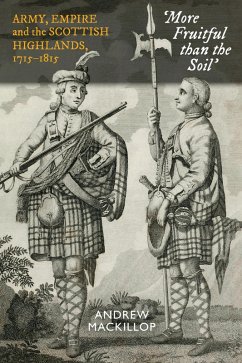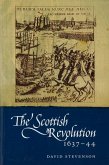This book analyses the origins, development and impact of British Army recruiting in the Scottish Highlands in the period from 1739 to 1815. It examines the interaction of government, landlords and tenantry. Recruiting is analysed within the context of rapid socio-economic change. The emphasis is on tenant reactions to recruiting, and the study concludes that this was a vital factor in bringing about change in the tenurial structure in the region. Both the decline of the tacksman and the emergence of crofting are linked to the process of regiment raising.
Military recruiting involved a clear recognition on the part of the Highland landlords and tenantry that the Empire and the 'fiscal military state' offered alternative sources of revenue. Both groups 'colonised' various levels of the state's military machine. As a result of this close involvement, the government remained a vital influence in the area well after 1745, and a major player in the region's economy. Recruiting was not simply a residue of clanship, rather it was a form of commercial activity, analogous to kelping.
Military recruiting involved a clear recognition on the part of the Highland landlords and tenantry that the Empire and the 'fiscal military state' offered alternative sources of revenue. Both groups 'colonised' various levels of the state's military machine. As a result of this close involvement, the government remained a vital influence in the area well after 1745, and a major player in the region's economy. Recruiting was not simply a residue of clanship, rather it was a form of commercial activity, analogous to kelping.
Dieser Download kann aus rechtlichen Gründen nur mit Rechnungsadresse in A, B, BG, CY, CZ, D, DK, EW, E, FIN, F, GR, H, IRL, I, LT, L, LR, M, NL, PL, P, R, S, SLO, SK ausgeliefert werden.









